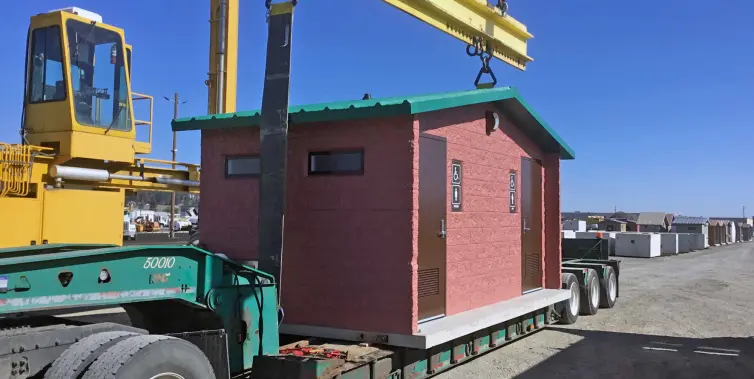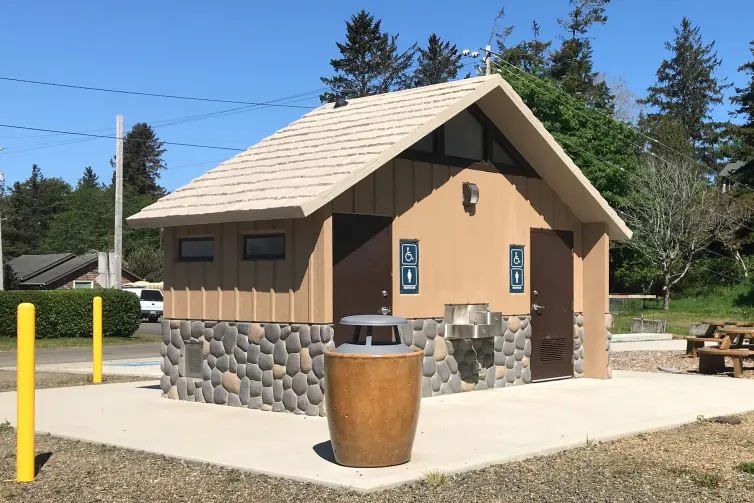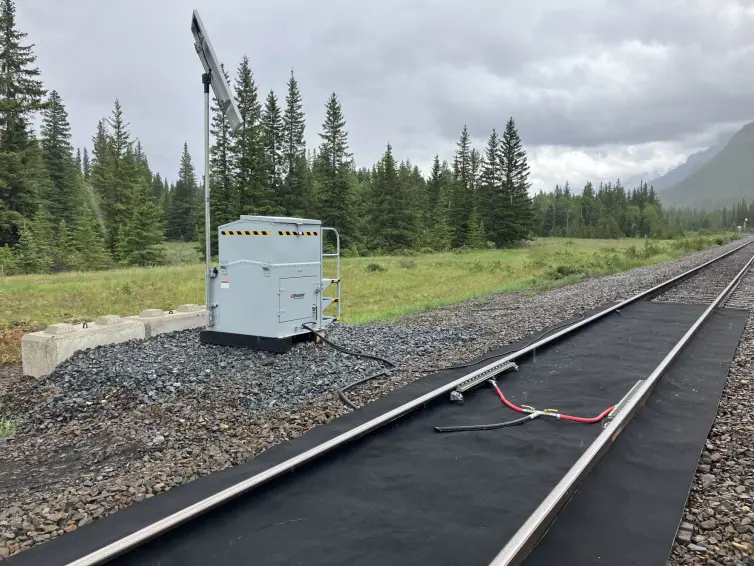CXT® has been awarded various cooperative contracts that can offer a more efficient and cost-effective way for government and educational entities to procure goods and services.
Use the links below for more information.
U.S. General Services Administration (GSA) - Contract #47QSWA23D009W
Sourcewell Cooperative Purchasing Program - Contract #052725
How Cooperative Contracts Work
Cooperative contracts, also known as cooperative purchasing agreements, are contracts established between a government entity (like a state, county, or city) and one or more businesses. These contracts offer standardized pricing and terms for goods or services that multiple government agencies need.
Contract Negotiation: The government entity conducts a competitive bidding process to select the best vendors for the desired products or services.
Contract Award: Once a vendor is chosen, a contract is established with specific terms, conditions, and pricing.
Participation: Other government agencies can then participate in the contract, leveraging the negotiated pricing and terms without having to conduct their own bidding process.
Benefits of Using Cooperative Contracts
Lower Costs: By aggregating the purchasing power of multiple agencies, cooperative contracts often lead to lower prices due to economies of scale.
Time Savings: Participating agencies can avoid the time-consuming process of conducting their own bids and negotiations.
Streamlined Procurement: The standardized terms and conditions simplify the procurement process.
Increased Compliance: Cooperative contracts can help ensure compliance with government procurement regulations.
Access to a Wider Range of Vendors: By leveraging the purchasing power of multiple agencies, cooperative contracts can attract a wider range of vendors, potentially increasing competition and improving product or service offerings.




